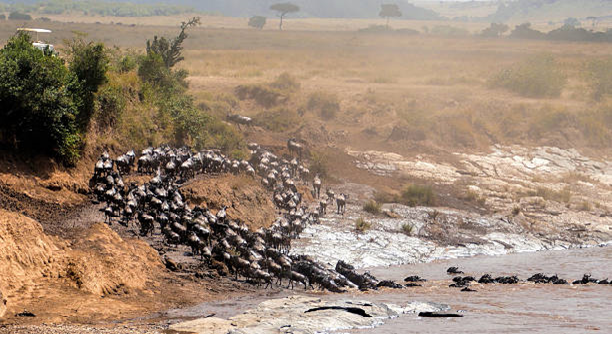Preparing for the Summit Night
Physical Training and Fitness
Before embarking on a summit night ascent, it is crucial to be physically prepared. Regular exercise, cardiovascular workouts, and strength training will help build endurance and stamina. Hiking, preferably on steep terrain, should be a part of the training regime to simulate the conditions faced on Kilimanjaro.
Acclimatization and Altitude Sickness
Acclimatization is key to a successful summit night. Climbing the mountain gradually allows the body to adjust to the decreasing oxygen levels. This helps prevent altitude sickness, a condition that can be debilitating or even life-threatening. Proper acclimatization includes spending additional days at intermediate altitudes, known as acclimatization days.
The right gear and equipment are essential for a safe and comfortable summit night. Quality hiking boots, warm clothing layers, a sturdy backpack, headlamp, and trekking poles are some of the items required. It is important to invest in high-quality gear and ensure everything fits well before embarking on the climb.

The Summit Night Experience
Starting the Ascent
The summit night begins in the late evening, usually around midnight when the weather is typically calmer. Climbers gather their gear, put on headlamps, and set off in the darkness. The first steps are taken with anticipation and excitement, knowing that each step brings them closer to the roof of Africa.
Climbing in the Dark
The ascent continues in the pitch-black night, illuminated only by the moon, stars, and headlamps of fellow climbers. The path is steep, and the air grows colder with every step. It requires focus and determination to navigate the rocky terrain and overcome the fatigue that sets in during the arduous climb



